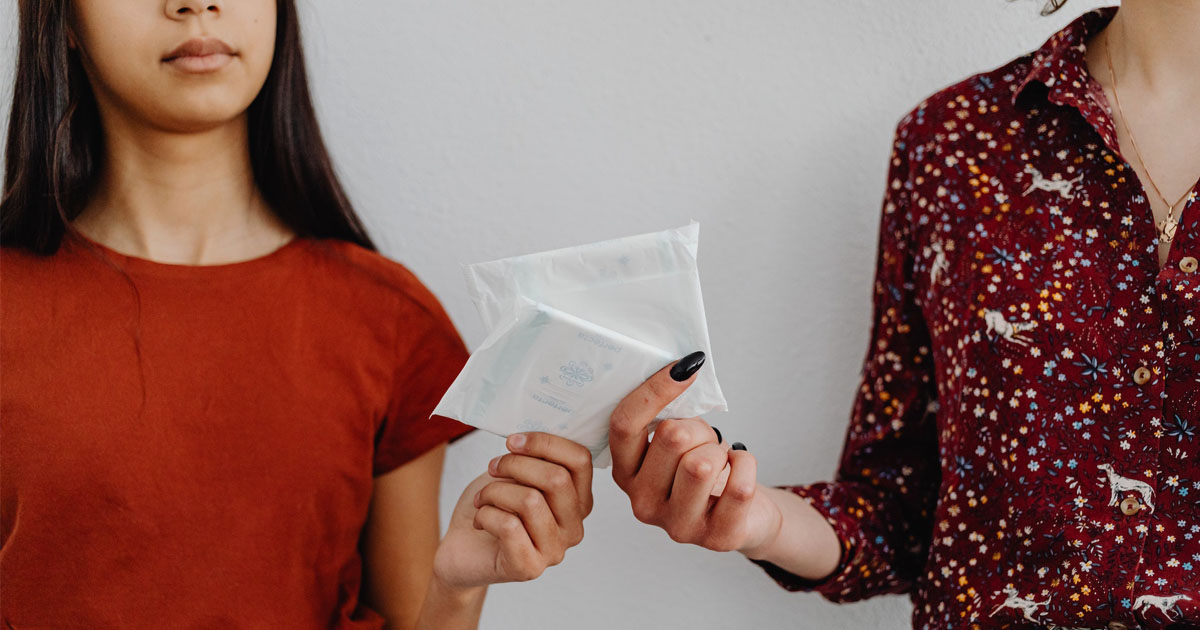Sanitary pads can be hazardous to women’s health, says a new study
Report reveals new information on contaminants found in sanitary pads that can also cause cancer and release microplastic particles into the environment

Guwahati, Nov 22: The presence of toxic chemicals, including Phthalates and VOCs, in organic and inorganic sanitary pads sold in the Indian market was revealed in a new study titled “Wrapped in Secrecy: Toxic Chemicals in Menstrual Products,” released by environmental NGO Toxics Link on Monday.
Most of the major brands of sanitary pads, including organic and inorganic, available in the country, were tested in the study and these chemicals were detected that can cause skin irritation, allergic reactions and can be endocrine disruptors for users.
The report revealed new information on contaminants found in sanitary pads that can also cause cancer and release microplastic particles into the environment, something that can be hazardous not only for the women using the pads but also the environment.
The study conducted this year tested ten brands of pads and found traces of Phthalates and VOCs in all the samples. 12 different types of phthalates (DIBP, DBP, DINP, DIDP, DMP, DEP, BBP, DNOP, DEHP, DHP, DIPP, DPP) were found. The highest concentration of Phthalates detected in the test sanitary pads was 19460 µg/kg of DIDP in one of the tested organic pads. The concentrations of a combination of phthalates were found to be 2 or 3 times higher than the EU regulation standard of 0.1% by the weight of the product in few of the pads analysed. Phthalates have been linked to various health issues, including endocrine disruption, effects on the heart and reproductive systems, diabetes, some cancers, and congenital disabilities.
Both organic and inorganic samples revealed the presence of a total of 25 different VOCs. Some of the VOCs detected were xylene, benzene, chloroform, trichloroethylene, among others which can increase the risk of brain impairment, asthma, disabilities, certain cancers, and the proper functioning of the reproductive system.Dr Amit, Programme Coordinator, Toxics Link, one of the investigators, said, “it is shocking to find numerous harmful chemicals in commonly available sanitary products, including toxic chemicals like carcinogens, reproductive toxins, endocrine disruptors, and allergens.”
The Indian sanitary pad market was valued at around US$ 618.4 million in 2021. Moreover, the industry is set to witness a steady expansion, with various start-ups providing affordable sanitary pads, including biodegradable and organic alternatives. Presently, disposable sanitary pads are the most prevalent menstrual products used in India. But the safety of sanitary pads has been under discussion globally as studies have found concentrations of hazardous chemicals in them. The chemical exposure through pads can be more dangerous as the skin around this area is highly permeable. “As a mucous membrane, the vagina can secrete and absorb chemicals at a higher rate than the skin,”said Dr Aakanksha Mehrotra, Programme Coordinator, Toxics Link who was part of this study.


